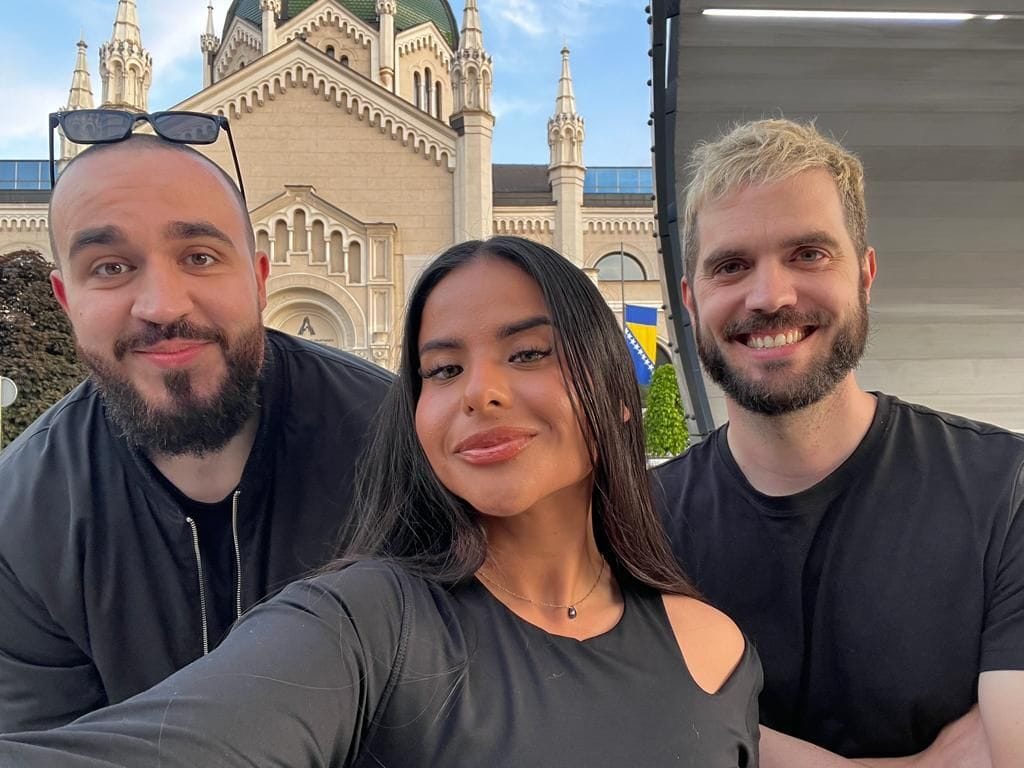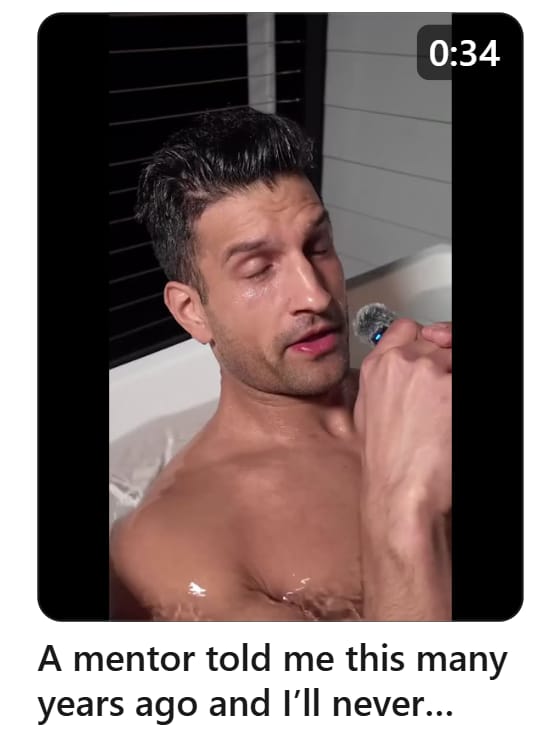- Anti-VC
- Posts
- Bonus: How to Not Be a LinkedIn Spinster ?
Bonus: How to Not Be a LinkedIn Spinster ?
It seems last month's newsletter was a hit
“Don’t you have anything better to do than attack people?”
“What do you have against Sadia!”
So I’m taking some time today to reflect on my actions.
Great. Now that that’s done, I’ve concluded my newsletter is informative, entertaining, AND performs a vital function lacking in today’s digital world: quality control.
But I take feedback seriously.
So under the burden of providing value, here’s my practical tips on how to not be a LinkedIn spinster:
THE CULTURE OF LINKEDIN used to be that of a model corporate dystopia, with subjects feigning a deep respect for authority as if perpetually stuck in their first late-90s office job interview.
It was perfect.
CEOs, authors, and lifelong premature nepo babies rehashed motivational business quotes to mobs of “Insightful!” and “Great post!” sycophants.
But as younger, jobless, inexperienced, entitled knowledge workers flooded LinkedIn during the pandemic, they brought with them their Instagram-esque baggage to be spoken to on their terms.
And, naturally, a new brand of creator rose up to the ‘challenge’.
New creators were loud, aggressive, and often boasted about their anti-establishment tendencies.
But what they had in cultural awareness, they lacked in everything else. And so they grossly overcompensated to hide this fact.
Instead of respecting autonomy, they rejected authority.
They quickly monopolized the feed, not because what they had to say was particularly useful, but because the bar for competition was so low.
And the definition of success on LinkedIn was co-opted by a ragtag crew of upskilled circus performers desperate for cheap views in a race to the bottom of a barrel of special ed monkeys.

(unrelated picture)
Where does that leave the rest of us that are:
→ Wanting to do real business ?
→ Not attention whores ?
→ Not special ed consumers ?
Is there space on LinkedIn for genuine thought leadership and the founders aspiring to take their industry forward?
And do we have to play the same game to have a shot at exposure?
In theory, a strong LinkedIn brand would allow founders build credibility and trust, attract customers and investors, and help them shape their industry’s narrative.
In practice, let’s just say there’s not much in the way of good role models.

Every time a pretty boy shares an ice bath motivational short, a tech bro earns its wings.
Every humanoid-GPT agent with LinkedIn posting privileges claims ✨authenticity✨ as the key to building a personal brand.
But does it actually work?
Can founders leverage social without having to act like a fool and undermine their credibility in the process?
Absolutely.
Well… kind of.
Unconventional results require unconventional approaches.
And first we need a new paradigm to view social media.
Influencer vs. Thought Leader
Founders, by definition, have an inimitable perspective on their industry.
They've identified a problem and are passionate about seeing their innovative solution come to life.
This affords them a unique approach to social; as founder first, content creator second.
When content takes a backseat to your actual work, it becomes a natural carrier of who you are and what you do.
Contrast this to how traditional influencers view content creation:
🤳🏼 Influencers primarily focus externally on others
👨🏼🔬 Thought leaders primarily focus internally on their work
🤳🏼 Influencers monetize their followings
👨🏼🔬 Thought leaders mobilize their ideas
🤳🏼 Influencers are metrics driven and guided by content pillars
👨🏼🔬 Thought leaders and are mission driven and guided by values
🤳🏼 Influencers observe and comment on trends
👨🏼🔬 Thought leaders aim to create and shape trends
🤳🏼 Influencers create content to change purchasing decisions and behavior
👨🏼🔬 Thought leaders share ideas to change their industry
By leveraging social as a thought leader, founders can be brilliantly successful in achieving their mission, without any of the fanfare or associated vanity metrics.
But what do I know?
I’m just a modest Top Voice who’s built a 15K following and community, business & brand exclusively on LinkedIn. Unintentionally.
I didn’t do it by optimizing for an aLgO.
I did it by sharing my observations from 13 years working in the startup ecosystem. No shiny success stories to manufacture. No picture-perfect image to uphold. Just the work.
The best piece of advice I ever got about LinkedIn was: document, don’t create.
My exposure to social media has taught me almost anyone can learn writing, but you can’t forge unique thoughts. Founders have a unique way of thinking. All that’s left to do is start sharing what you already do.
Because the best founders I’ve ever met are too busy doing the work to be bothered to shout about it. But they’re the ones leaving the most value on the table and could really 10x impact on their industry if they embraced their inner thought leader.
I’ve seen it happen first hand with myself and others.
Thought leadership is society’s natural antidote to influencership.
And that, my friends, is how to not be a LinkedIn spinster.
Someone pls forward this to Sadia 🧶
Do you approach LinkedIn like a thought leader?
Is it on your to-do list? Or are you still not convinced? Or do you follow Luke Matthews?
Either way, I want your feedback so I can make better resources for you.
Fill out a short survey here (seed stage and later only, please)
As a thank you, I’ll let you pick my brain on a free 20-min brand consultation call.
Saleem 🤎
PS. if you felt this newsletter was packed with too much value dw next week we’re back to tackling the predators.